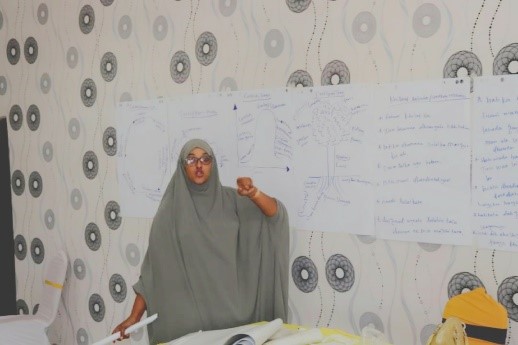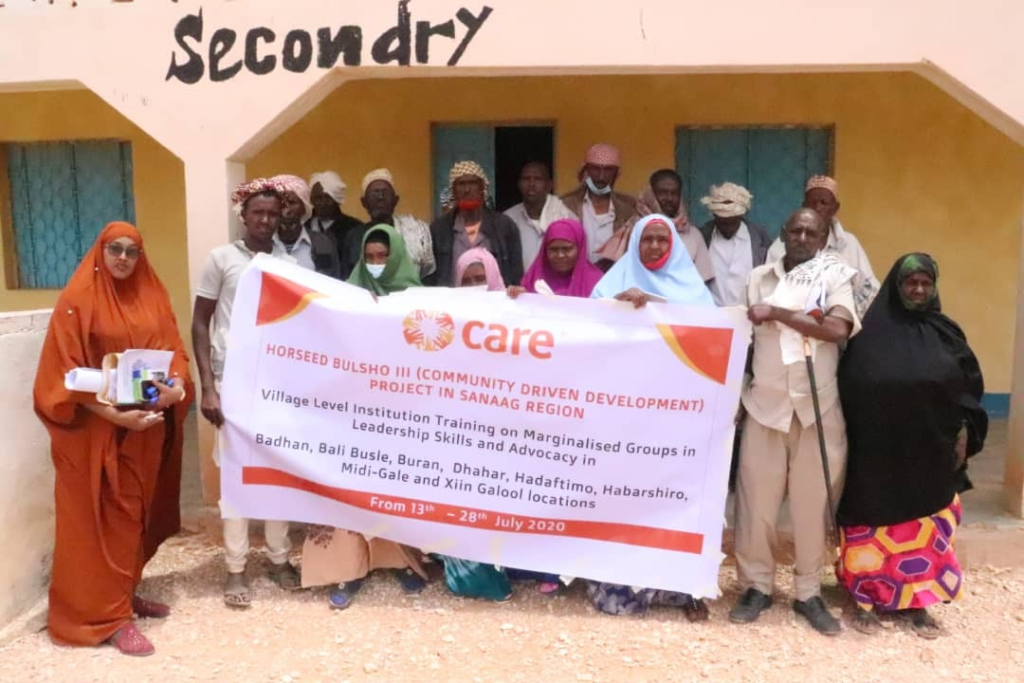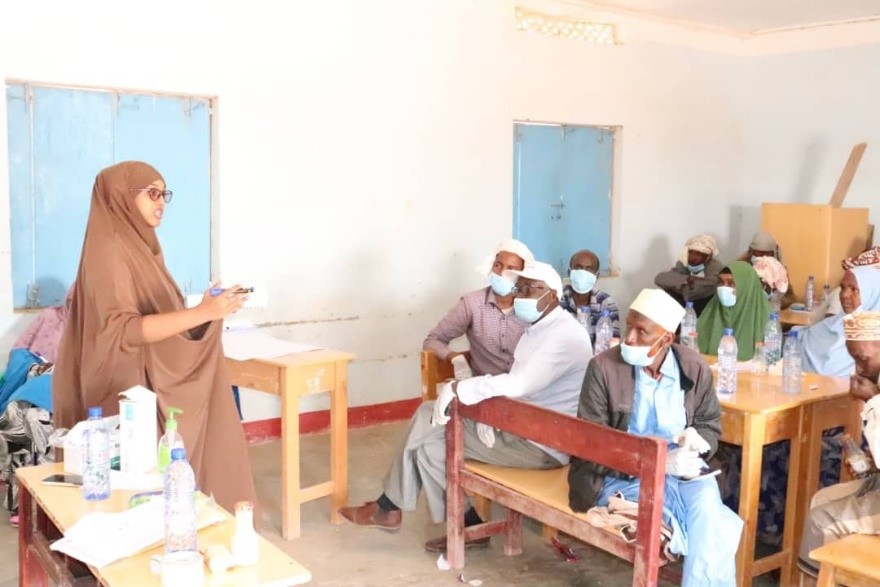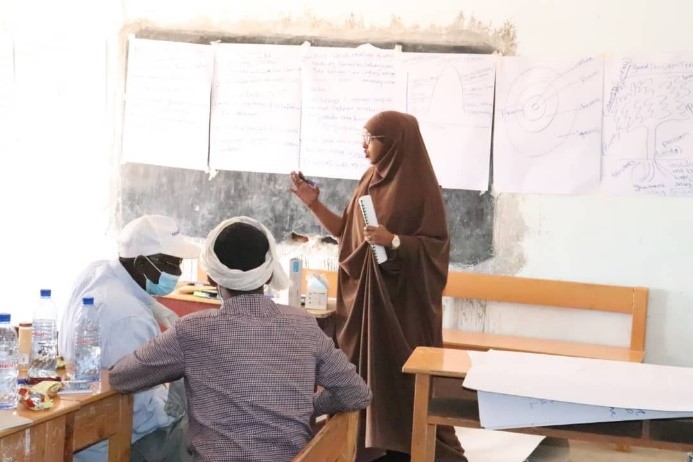
INSTITUTIONAL CONFLICT MANAGEMENT AND LEADERSHIP TRAINING IN SANAAG

Consulting Service offered to CARE Puntland on Institutional Conflict Management & Leadership Training in Sanaag Region.

The Community Droved development (CDD) programs entrench local empowerment initiatives through processes of institutional reform and the focus is on local management of resources and a change in existing power arrangements which creates opportunities for poor marginalized groups to have a voice and control their development. The approach adopted by the project is community-driven where the community implements the project through the village council responsible for all government roles at the village level. A total of 8 villages under Badhan, Buran, Xiin-Galool and Dhahar districts are targeted for improved governance, increased stability and achieve lasting peace. The project focuses more on community participation and building of grass root governance that is a link to the district authority, regional and finally to the national government. To achieve this, the council needs to be educated on conflict resolution, civic education and leadership. In all the communities targeted, they lack adequate government machinery and are not institutionally equipped to play the roles expected of them by the communities hence the need to build their capacity. To realize this, the project wants to developed manuals on leadership and conflict resolution training for community use and will be translated into the Somali language for ease understanding of the community.
In July 2020, SARC signed a contract with CARE Puntland to implement an institutional conflict management and leadership training in Eight districts in Sanaag region namely Badhan, Dhahar, Buran, Hadaftimo, Hingalol, Balibusle, Habarsho and Midigale.
The training was disseminated in sessions intended to impart conflict resolution skills through the process of examining and understanding the reality of a conflict situation to enable participants to comprehend the complexity of conflict, in terms of the causes and manifestations of conflict, stages and the parties involved and their interests. Simultaneously the training sessions intended to provide village-level institutional leadership skills on the type of leadership that exists in the village institutions, or organisation and how closely does the level at which the leadership operates correspond to the level at which the whole village institutions or organisation operates?. It is an adult experiential learning and reflection to promote the skills, knowledge and competencies of participants concerning conflict analysis regarding their local context. The purpose of this training is raising awareness about people’s roles and responsibilities about their village committees and district councils to contribute to the strengthening of participants with a clear understanding of conflict resolution and leadership and its relation to governance participants to better understand the important role that leaders play in supporting effective governance and assess the ability of the leaders to lead communities with an emphasis to good governance principles (like transparency and accountability).
155 participants including village committees, minority groups and religious representatives were trained on conflict management and leadership. The training took place in the rented premises, in the community centers or at public places such as schools. The training halls were suitable for 25 participants which made possible for social distancing to be observed to reduce the risks of contracting and spreading Covid-19. CARE Badhan office provided all necessary logistical arrangements and facilitation during the Training Program that last in 16 days which included arrangements for refreshments, transportation, and training materials such as flipcharts, etc

The training facilitator, Miss Amal Yusuf Giving overview and introduction of the training. The facilitator also explains the safety guidelines for Covid-19 during the training sessions.


Leave a Reply